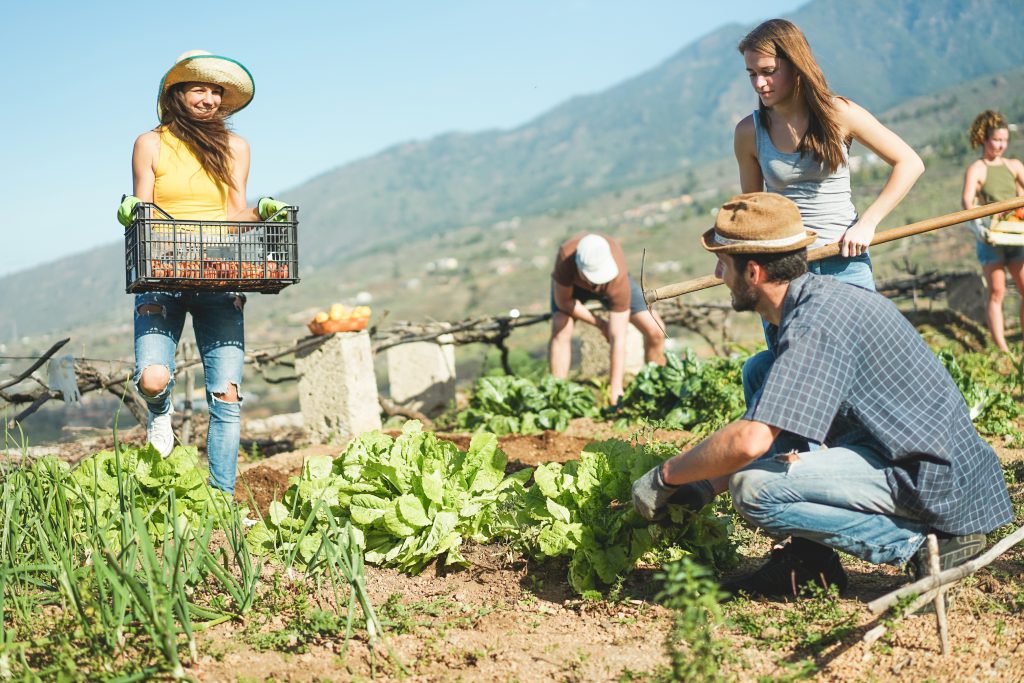Let us take a closer look at Experiential Travel and how tour operators can benefit from this trend.
The way people travel has changed over the years. Today, many travellers want to feel more connected with the destination and are not only looking for deeper knowledge but want to experience the culture, history, traditions and the lives of the local people first hand for themselves.

They do so by:
• Visiting smaller cities, towns and villages.
• Staying in local homes instead of hotels.
• Visiting unique off the beaten path places rather than regular tourist traps.
• Spending time interacting with local people, rather than just passing them on the street.
For example, an organized tour group could visit a local farm, get to know the farmer, have a guided tour and experience picking their own vegetables. Then take a fishing trip with a local fisherman, being able to keep some of the fish caught that day. Finally, ending the day at a local restaurant or family home depending on the size of the group. Then capping the day off with a true local and cultural experience cooking a traditional meal with the family, utilizing the vegetables they picked and the fish they caught. Sitting down and breaking bread with the locals, while contributing to their income not just from the purchase, but also for the experience.

Experiential travel not only benefits travellers, it also benefits the locals and the tour operator by:
• Creating new or additional sources of income for local people.
• Creating more jobs and prevent locals from moving to find jobs elsewhere.
• Keeping the money in the community, which helps protect the culture and traditions of the destination.
• Enabling the tour operator to provide new and unique experiential tours at affordable costs.
• Differentiating the tour operator and travel agent from the competition.
Research has shown that there will be a surge in travel post-pandemic in 2022 / 2023, and people will prefer travelling within their country and to places with lower population, (e.g. small towns and villages). Therefore, Localized Experiential Travel is going to be in demand for many travellers.

Tour operators can consider taking advantage of this trend by investing the time and energy, which will pay off in distinguishing their company and products from most of the industry. They can consider taking the following steps:
• Research destinations for potential local alternative attractions could include new sights, activities, accommodations, and activities as illustrated above.
• Get in touch with local proprietors and encourage local people to participate by educating them on the concept and how they could generate more income.
• Find out if the destination has local receptive guides, guides that are familiar with the area and are passionate about the place they live. They can help in planning the tour to provide more unique experiences.
• Consider the price and duration of a tour to be more cost-effective and prevent the tour from being overwhelming and tiring for travellers.
It is also important to research local Covid safety protocols to understand what they offer to entertain visitors while ensuring they feel safe.
Last but not least, tour operators should be able to communicate their products, offers and safety information through their online platforms and marketing campaigns.
We are here to help you achieve these goals. At Radonic+, we specialize in marketing, online digital campaigns, digital e-newsletters and web design and development for the travel industry.
It is always worth a 15-minute chat to see if there is a fit. Let us see how we can help you kick start your business. Click to Book a 15-minute call
